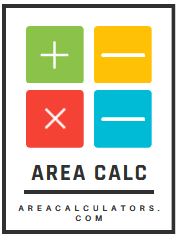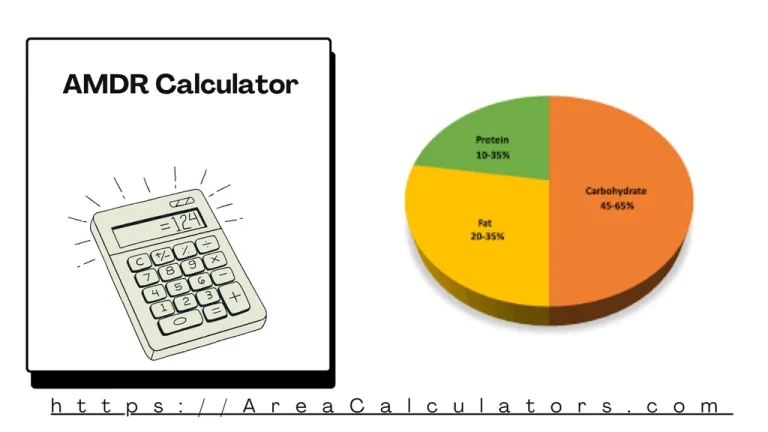Aspect Ratio Calculator [ARC, Pixels, Images, Videos]
To calculate an aspect ratio, divide the width and height of an image or screen by their greatest common divisor (GCD), yielding the simplest ratio form.
The Aspect Ratio Calculator determines the proportional relationship between the width and height of an image, screen, or object. Aspect ratios are crucial in photography, videography, and display design, ensuring proper scaling without distortion. Common aspect ratios include 16:9 for widescreens and 4:3 for standard screens.
Formula
AR = PL / GCD : PH / GCD
| Variable | Description |
|---|---|
| PL | Pixel length (or width) |
| PH | Pixel height |
| GCD | Greatest common divisor of PL and PH |
| AR | Aspect Ratio in simplest form (e.g., 16:9) |
Solved Calculations
Example 1: Calculating Aspect Ratio for 1920×1080 Resolution
| Step | Value |
|---|---|
| Pixel Length (PL) | 1920 |
| Pixel Height (PH) | 1080 |
| Greatest Common Divisor (GCD) | 120 |
| Aspect Ratio = (1920 ÷ 120) : (1080 ÷ 120) | 16:9 |
Example 2: Calculating Aspect Ratio for 1024×768 Resolution
| Step | Value |
|---|---|
| Pixel Length (PL) | 1024 |
| Pixel Height (PH) | 768 |
| Greatest Common Divisor (GCD) | 256 |
| Aspect Ratio = (1024 ÷ 256) : (768 ÷ 256) | 4:3 |
What is Aspect Ratio | Resize Images, Videos, Pixels, Dimensions:
An Aspect Ratio Calculator is a useful tool that determines the proportional relationship between the width and height of an image, screen, or object. It simplifies the process of calculating or adjusting aspect ratios for photography, design, video production, or even aviation.
For instance, it can calculate the aspect ratio from dimensions such as pixels, inches, or centimeters. Whether you’re working with common formats like 16:9, 4:3, or custom sizes, the calculator ensures precise results.
It also assists in tasks like resizing images while maintaining proportions, determining screen aspect ratios, or adjusting designs for CSS.
This tool is especially helpful for determining ratios from resolutions like 1920×1080 or converting aspect ratios into other measurements for photography, videography, or graphics design.
Advanced features like the anamorphic aspect ratio calculator or wing aspect ratio calculator cater to specific needs in film and aviation.
Final Words:
In summary, the Aspect Ratio Calculator is an essential resource for professionals and hobbyists alike. It ensures accurate calculations, preserves proportions, and supports seamless adjustments for a wide range of applications.


